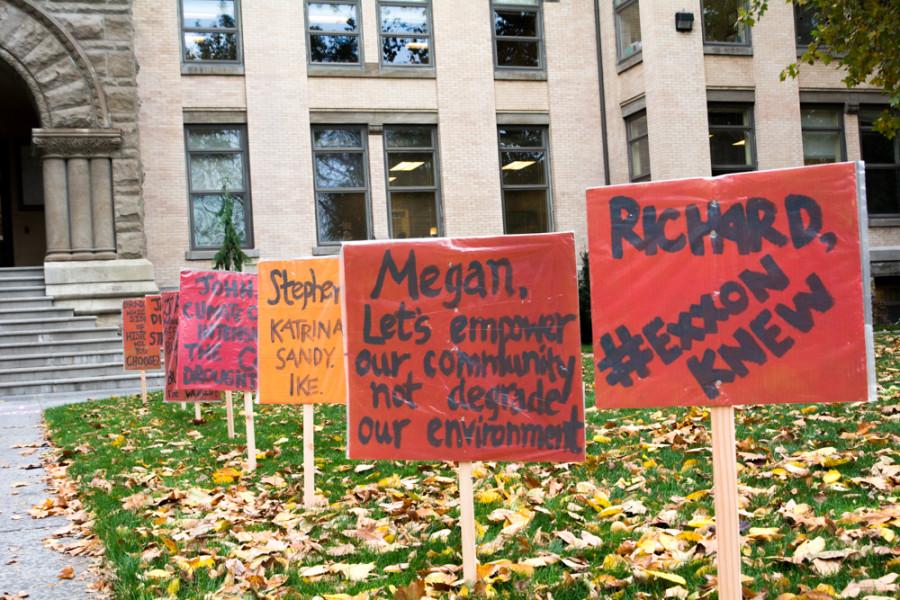Citizens of Walla Walla will vote on a sales tax increase to fund the Valley Transit system this Tuesday, Feb. 9. The vote will be the end of months of hard work on the part of the Campaign for Valley Transit, which began its fight to stop service cuts last fall.
The sales tax would be an increase of 0.3 percent, or 3 cents per 10 dollars.
Barbara Clark, a member of the Valley Transit Board who has also served as the head of the steering committee for the campaign, is hopeful that the measure will pass.
“A lot more people have become aware of the crucial role Valley Transit plays in our community and our economy,” she said.
Clark believes that Valley Transit is an important part of Walla Walla, and that it’s in every citizen’s best interest to keep it running.
“A public transit system is a piece of basic infrastructure in the community,” she said. “It’s important to employers. It’s important to businesses in town. It’s important to schools.”
Mark Brotherton, who is also on the campaign’s steering committee, agreed that bus service is important to Walla Walla. He drives Dial-a-Ride buses which serve handicapped and senior citizens.
“I work there, so I have a stake in it,” he said. However, Brotherton says his work for the campaign is about more than his job.
“If I could give up my job and ensure a win, I would do it,” he said. “It’s more important to the community. It’s a resource that’s here and shouldn’t be given up on.”
The ballot measure is the last chance to raise additional revenue for Valley Transit without facing significant service cuts. Dick Fondahn, the general manager of the system, says that compounding financial problems have pushed the system to the breaking point.
In 2000, a state repeal of a motor vehicle tax led to a 53 percent decrease in revenue. Although fares were raised and services were cut at this point, it wasn’t enough to sustain the system in the long run. However, if Walla Walla’s population increased to 50,000 by the next census, it would be classified as a “small urban area” and eligible for more federal transit grant money.
“Our goal was to scrape by until the end of the 2010 census,” said Fondahn. However, in July 2009, Congress passed a bill which raised the population requirement to 100,000 people: something Walla Walla had no hope of meeting. In addition, the recession has led to decreased sales tax revenue, another major source of funding.
The Valley Transit board tripled fares from 25 to 75 cents in response, and has delayed cutting services until the sales tax increase is voted on. If the measure does not pass, transit services will be cut by 50 percent in a two-stage process. Phase one would begin immediately and involve complete elimination of routes three and seven. Buses would only come every 45 minutes, rather than every half hour. A second phase of cuts would occur about a year later, when several state and federal grants expire. At this point, more routes would be cut.
Fondahn said that he has seen no organized campaign against the measure, but he has received a telephone call and an e-mail in opposition.
“Both of them were against additional taxation,” he said. “Neither of them seemed to have any issues with Valley Transit services.”
Clark believes that the Walla Walla community will come through for the transit system.
“This community is small enough that people really step up when there’s a problem,” she said. “I think that attitude is going to work for us.”








